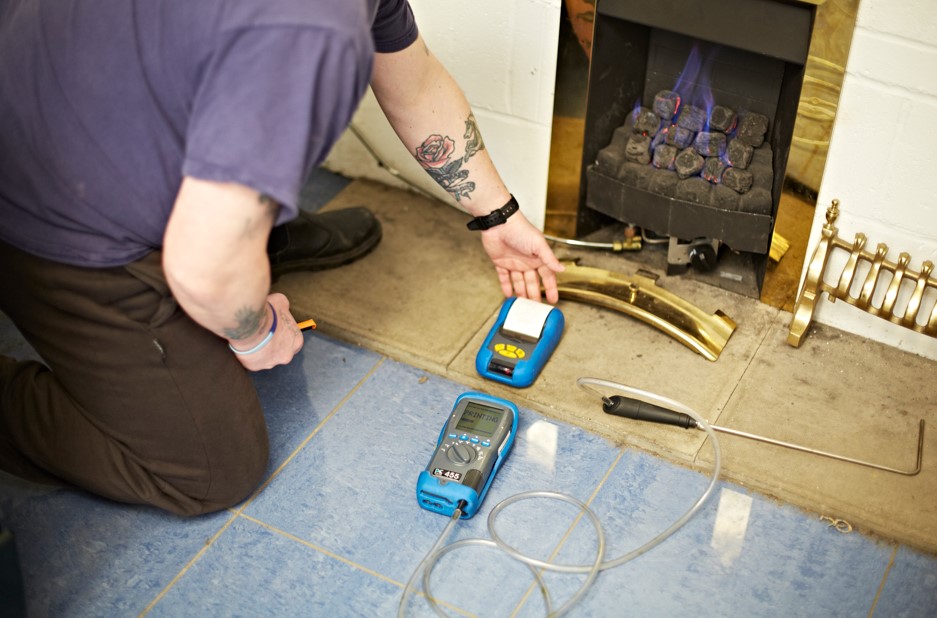
With major changes on the horizon in the gas industry, including the eventual banning of gas boilers, it’s only natural to question what the future holds for qualified gas engineers.
Understandably, these changes may cause concern among those currently in the industry and may put others off training towards a career in gas.
However, while the traditional role of gas engineers is certain to change, their skills and knowledge are likely to prove more valuable than ever throughout this green transition, and they have a key role to play in the implementation of sustainable appliances and practices going forward.
Combine this with an ageing workforce — more than a third of the oil and gas workforce is over 50 and nearing retirement — and it’s clear that a career in gas is still an enticing one.
What is changing?
Last October, the UK government published its ambitious plans to become net zero by 2050. Given that the built environment, of which the construction industry is a major factor, is responsible for 40% of the UK’s emissions, major changes are necessary right across the sector if the government’s targets are to become a reality.
The first phase of the government’s Heat and Buildings Strategy aims to ban gas boilers from new-build homes by 2025. From this point, new-builds will need to rely on low-carbon heating methods such as heat pumps.
Following this, the government has said that no installations of natural gas boilers will be carried out by 2035. This rule applies to all homes, so if a gas boiler needs replacing beyond this date, it will need to be with a low-carbon alternative.
Why demand for gas engineers isn’t fading
Given that 85% of UK homes still rely on gas for heating, and with more than a decade to go until gas boiler installations are completely phased out, it’s safe to assume that gas engineers are going to remain incredibly busy for the foreseeable future.
Even beyond these dates, the 22 million existing gas boilers across the UK won’t suddenly disappear, and will still require servicing and repairs by qualified gas engineers.
Could hydrogen boilers be the future?
A new campaign for the government to boost investment in hydrogen production has brought together manufacturers and gas suppliers hoping to shape the future of the industry. The Hello Hydrogen campaign launched this October, highlighting the benefits of adopting hydrogen-ready boilers and cookers and how this switch could cut 20 million tonnes of CO2 emissions each year.
Along with the potential for more sustainable hydrogen supplies, the government has also set a target of installing 600,000 heat pumps each year, again, a job that could call on the know-how of gas engineers with the relevant qualifications.
Is gas still a viable career?
Of course, but like any area of the construction industry, it’s undergoing change,
Qualified gas engineers will be extremely well-placed to help the industry adopt these changes, and the career path remains a hugely appealing one.
Are you interested in a career in gas? Able Skills offers a range of courses suited to all levels of experience. Want to find out more? We recommend popping into our training centre for a chat. If you can’t make it in, give us a call on 01322 280 202.